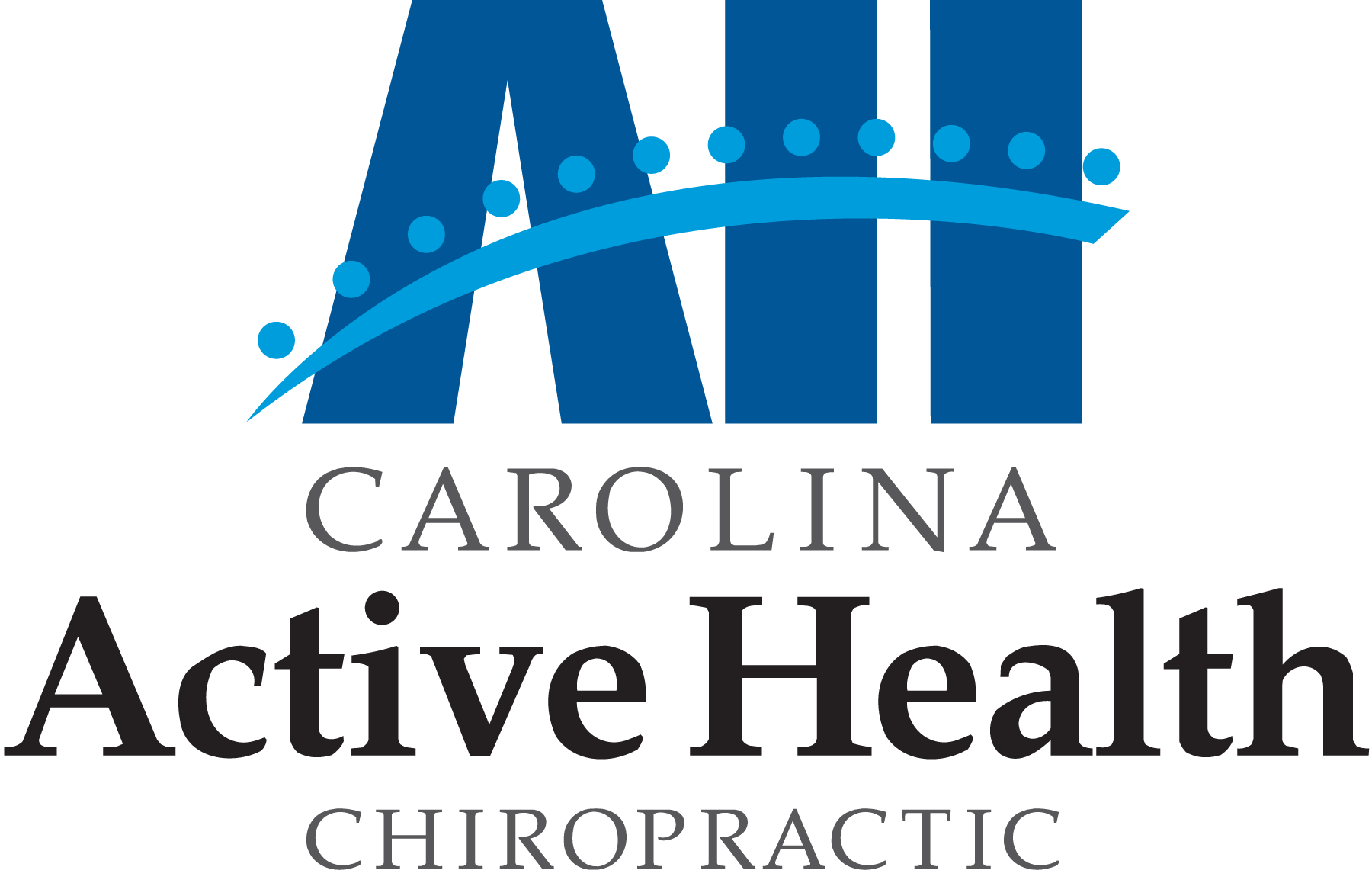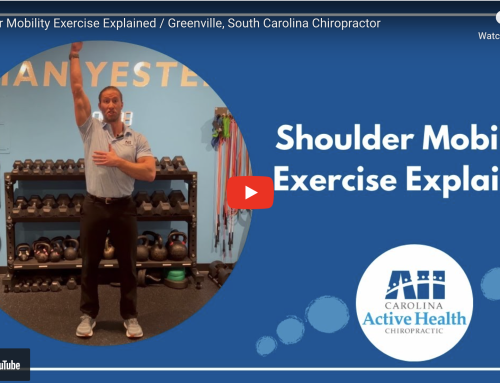
When Is Neck Pain More Than a ‘Pain in the Neck’?
80% of Americans will deal with neck pain at some point in their life. Neck pain is even more common these days. We spend hours every day looking at screens, and most of us don’t have great posture.
Most of the time neck pain is mild and will go away after a few days with some simple first aid. But sometimes neck pain is more serious. Wondering when to see a doctor for neck pain? Here’s everything you need to know.
What Are the Most Common Causes of Neck Pain?
The majority of the time neck pain is caused by daily life. Looking down at your phone for extended periods of time causes neck pain. If your computer screen or television isn’t positioned at eye level, looking at those screens can also cause neck pain.
Bad posture also contributes to neck pain, especially for people who sit most of the day. The combination of bad sitting posture and looking at screens is one of the most common causes of neck pain these days.
Another common cause of neck pain is improper support while sleeping. This can be the result of a bad pillow or sleeping in a position that puts a strain on your neck.
Common injuries that cause neck pain are car accidents and sports injuries from contact sports.
What’s “Normal” Neck Pain?
Obviously, any neck pain is abnormal and an indication that something is wrong. However, most neck pain, “normal” neck pain, will resolve with simple interventions.
If your neck pain feels better after taking some over the counter pain relievers and/or applying ice, that’s “normal” neck pain. If your neck pain gets better within a few days then there’s no cause for concern.
Changing your habits will help resolve the pain and prevent pain in the future. Move your computer screen and tv so they’re at eye level. Try to hold your phone at eye level and spend less time on your phone. Get a new pillow and try a new sleeping position.
When to See a Doctor For Neck Pain
Usually, neck pain will not require a visit to the doctor. But if your neck pain symptoms fit any of these circumstances, you should head to your doctor’s office.
Your Neck Pain Doesn’t Get Better After a Week
Neck strain caused by mild injuries or the impacts of everyday life will usually go away within a week. Taking over the counter medications and using ice and/or heat should make your neck pain feel better. The pain should lessen each day and require less intervention to feel better.
If your pain lasts for more than a week and it does not feel better when you take over the counter medications or treat it with ice and/or heat, then it’s time to make an appointment with your doctor. Pain that doesn’t get better over time could indicate a serious injury of the muscles in the neck. It could also indicate a bulging or herniated disk in the spine.
You Neck Pain is Accompanied By Tingling or Numbness
When you experience numbness or tingling in your neck, your shoulders, down your arms, or into your hands, it can be a sign of a serious problem. Typically, numbness and tingling indicate that a nerve has been pinched, either by a tight muscle or by the discs of the spine.
Only a doctor can properly diagnose a pinched nerve and recommend treatment. So, if you start to experience any numbness or tingling with your neck pain, see a doctor as soon as possible.
Your Pain is Sharp, Not Dull and Achy
Neck pain that results from everyday life or a mild injury is usually described as dull and achy rather than sharp and intense. If your pain is sharp and intense, this could be the sign of a more severe injury.
For the most part, sharp and intense neck pain is the result of an injury, not regular neck strain from normal activities. Injuries can happen as a result of everyday activities like sleeping in a position that put strain on the neck. But they’re more likely to happen as the result of an impact like a car accident or participation in a contact sport.
If your pain is severe enough that it keeps you from sleeping at night, schedule an appointment with a doctor as soon as possible. When neck pain impacts your ability to sleep, you need a diagnosis and treatment plan.
Your Pain Radiates Into Your Back, Shoulders, or Arms
When your neck pain starts to spread into your shoulders, your upper back, or your arms, it can be a sign of a serious injury. Neck pain that happens because of everyday activities or mild injuries should stay localized to the neck area.
You Have a Persistent Headache
Muscle strain in your neck will often lead to a headache. However, if your neck pain is accompanied by a persistent headache, that could be a sign of a bigger problem. If your headache doesn’t get better when you take over the counter pain medications, that can also be a sign of a larger problem.
Especially watch out for a headache that feels like it’s localized above one eye, which may indicate that you have migraines. For some people, neck pain can trigger migraines.
Common Treatments for Neck Pain
There are several treatments your doctor may recommend for serious neck pain. Two very common treatments are chiropractic adjustments and massage therapy.
Chiropractic adjustments help move the spine back into proper alignment. This allows the muscles around the spine to release tension, which often helps relieve neck pain. Proper spinal alignment also relieves neck pain by ensuring that the spine is functioning properly.
Massage therapy helps relieve neck pain by using manual pressure to loosen and lengthen muscles. Neck pain is often caused by tight muscles. So, loosening and lengthening the muscles can help relieve neck pain by releasing tight muscles.
Treating Your Neck Pain
So, the answer to when to see a doctor for neck pain is if your neck pain is interfering with your life, it’s time to get some relief. Get in touch today to get all your questions answered and schedule an appointment with our experts.








Greetings,
Thank you for sharing your blog.
https://www.innerstrengthchiro.com/.
Thank You.
Greetings!
Nice blog and thank you for sharing it.
https://zurekchiro.com/